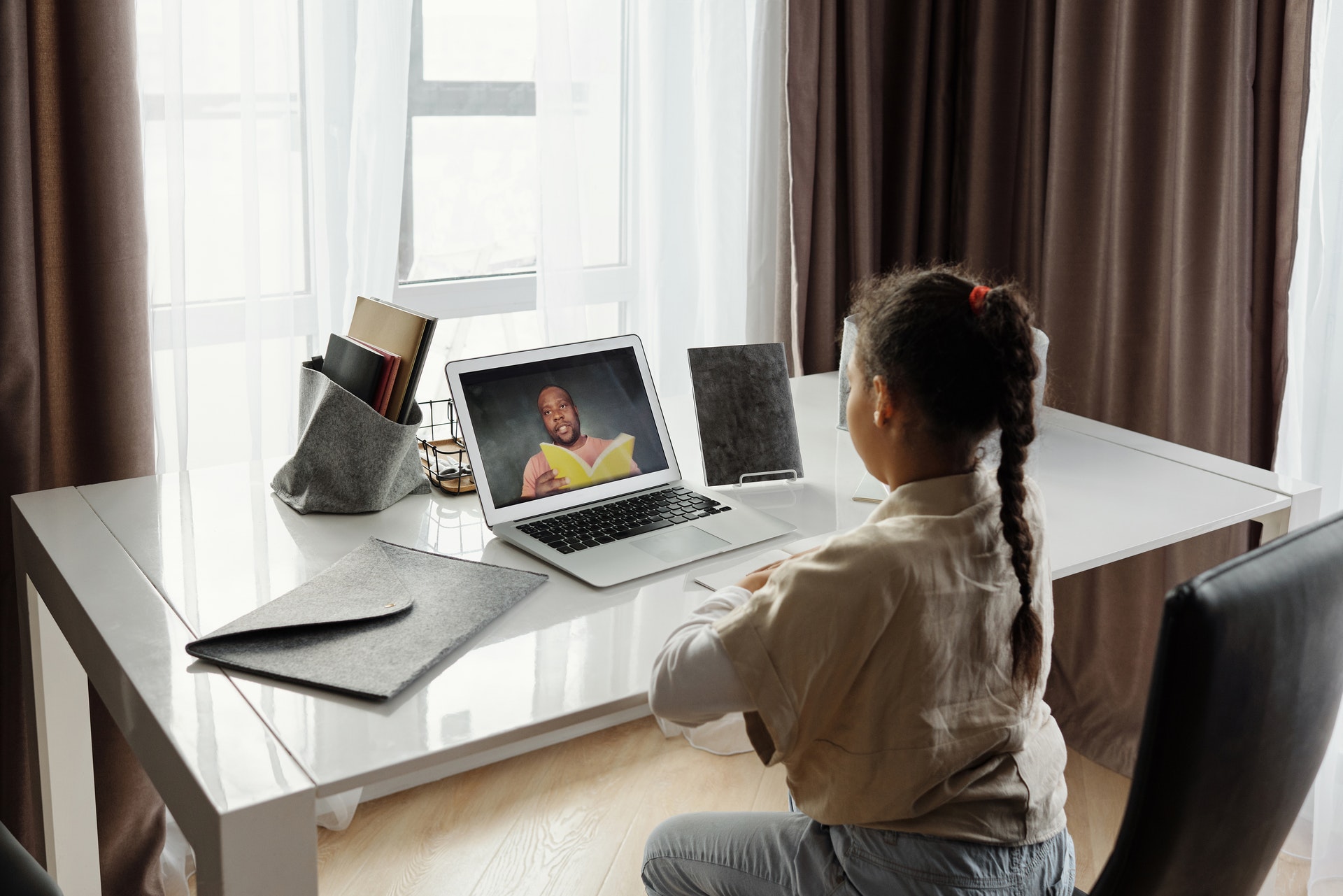With the ongoing failure to control the pandemic in the U.S. turning our education system upside down, a number of families have considered withdrawing from East Penn schools and enrolling their children in cyber charter schools instead. Cyber charters, the thinking goes, have more experience with online instruction and so might provide better remote education than East Penn.
Do Cyber Charters Offer Quality Education?
The good news is that there is a lot of data available to help families make a decision. The bad news is that this data shows the educational outcomes of cyber charter schools are abysmal. Cyber charter school websites are filled with images of happy children and testimonials of success. They can be very persuasive. But they are also created by marketing firms hired by the for-profit corporations behind most cyber charter schools in Pennsylvania.
By contrast, there is a great deal of independent information on the quality of cyber charter schools collected by researchers who have no financial stake in the results. The most recent and comprehensive is a study done by Stanford University last year, which focused specifically on cyber charters in Pennsylvania. The full report is over 50 pages long and includes important information that any parent considering a cyber charter option should know. Among the highlights:
- “Compared to the average traditional public school student, a student enrolled in an online charter school loses the equivalent of 106 days of learning in reading and about 118 days of learning in math.” This is out of 180 days in a school year.
- “This report found overwhelmingly negative results from online charter schools; any potential benefits of online schooling such as student mobility and flexibility in curriculum are drowned out by the negative impacts on academic growth of students enrolled in such schools.”
- “81% of Pennsylvania charter schools perform below the 50th percentile in reading achievement and almost 87 percent of Pennsylvania charter schools perform below the 50th percentile in math achievement.”
Sadly, this isn’t a matter of just one opinion or one report. Even more recently, the prestigious Brookings Institution concluded that “the impact of attending a virtual charter on student achievement is uniformly and profoundly negative.”
The story is the same if we look at the criteria used by the state for successful schools. Last year, every single one of Pennsylvania’s 15 cyber charters were identified as needing some level of improvement. Before last year, the state used something called the School Performance Profile to evaluate schools. From 2013-2017, not a single cyber charter ever achieved a passing score of 70 or higher. Going back even further, between 2005 and 2012 not a single cyber charter ever made the “adequate yearly progress” required of schools during this period.
Do you see a pattern here? Pennsylvania’s cyber charter schools do not meet basic standards of education, and haven’t for a long time – even as their lobbying efforts in Harrisburg and multi-million dollar advertising campaigns continue to attract families who haven’t seen the independent evidence.
Success, Personalized Learning, and Choice
For those families who want their children to be 100% online, East Penn’s remote option is likely to offer a number of advantages over cyber charter schools. Yes, some of the district’s teachers are not as familiar with online instruction as they are with the face-to-face classroom. And yes, there will be some uncertainty about, and changes to, online instruction as everyone adjusts to what works best. But — and this is crucial — East Penn’s teachers and programs have a strong record of success.
East Penn’s remote learning option will have more live teaching than typically offered by cyber charter schools, teachers will interact individually with students more often, and students will receive the same high-quality East Penn curriculum.
The district’s remote option also keeps the most options open for families in these incredibly uncertain times. It allows kids to keep learning and growing with their existing friends who live locally in the district. If the situation with the pandemic improves, families can easily transition back to in-person instruction knowing that their kids will be right on track with the same classes, same curriculum, and same pace as all their classmates. By contrast, cyber charter enrollment involves changing schools, changing classes, changing curriculum, and changing friends and classmates.
If I’m being completely honest, I’m not particularly optimistic about the coming year. I don’t think online instruction of any kind can live up to what we’ve all come to expect from our schools. But the failure to control the pandemic has imposed real limits on what is safely possible this fall. My own opinion is that remote learning will be a whole lot better than it was this past spring, but still not up to the level our kids deserve. The cyber charter option? It strikes me as jumping out of the frying pan and into the fire.
—
I’ve written before about cyber charter schools and the ways they spend taxpayer money on things other than education. If you are interested in learning more about cyber charter options, I urge you to take a look at:
